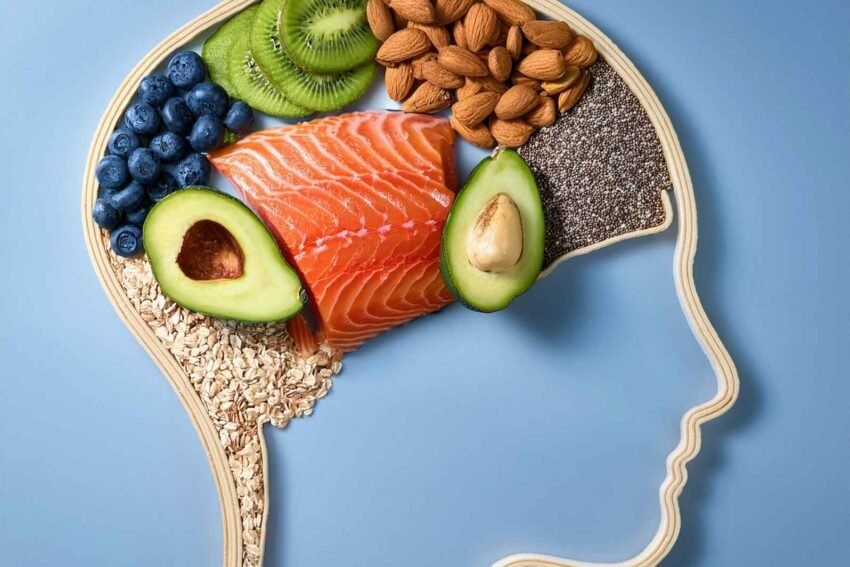Our hormones have a big impact on our health. They influence mood, energy, weight – even sleep. When hormones are out of whack, people can experience issues like weight gain, fatigue or mood swings. The answer to these issues, many diets promise, is to “balance hormones.” But how much of this is true? Let us break it down.
What Are Hormones?
Hormones are the molecules in our body that send signals. They are produced by glands such as the thyroid, pancreas, ovaries and adrenal glands. They circulate in the blood and give orders to the body. Insulin, for instance, regulates blood sugar levels while thyroid hormones regulate energy and metabolic repositories.
When these hormones are out of balance – too high, or too low – the body may experience health issues. Medicines are frequently used by doctors to treat such imbalances. But also food and lifestyle determine how well our hormones work.
The Concept of Hormone Balancing Diets
Diets that claim to “balance” hormones typically promise to:
- Reduce belly fat
- Improve mood
- Boost energy
- Support fertility
- Ease menopause symptoms
Those diets typically recommend eliminating sugar, processed foods, caffeine and alcohol. They encourage eating more vegetables, lean protein, healthy fats and whole grains.
What Science Says
Food does affect hormones, but there isn’t some magical diet that’s going to be able to “reset” or “fix” them overnight. Here’s what research shows:
1. Blood Sugar and Insulin
An insulin resistance diet high in sugar and refined carbs. This makes sugar harder for the body to use, potentially leading to weight gain, and even diabetes. Consuming foods high in fibre, protein and healthy fats decreases blood sugar and insulin levels.
2. Thyroid Function
For the thyroid to work well, it needs iodine, zinc and selenium. Hypothyroidism is one thing that might be due to a lack of nutrients in the building blocks for thyroid hormone levels. Nuts, seafood, eggs and dairy are supportive of thyroid health. But when someone has a thyroid disorder, simple dietary changes may not be sufficient – they might need medical treatment.
3. Stress Hormones (Cortisol)
Stress increases cortisol levels. Persistent stress can have a profound impact on sleep, appetite and even weight. Diet won’t erase stress, but eating balanced meals and staying hydrated, while reducing caffeine consumption, may help minimize surges of cortisol.
4. Reproductive Hormones
For women, hormones such as oestrogen and progesterone fluctuate over the course of the month. Some foods, such as flaxseeds and soy, contain plant-based substances that mimic oestrogen. These can sometimes help, for example by mitigating symptoms of menopause, but the effect is limited and not consistent across the board.
5. Inflammation and Hormones
Unhealthy diets loaded with processed food can lead to inflammation, which has an impact on hormone balance. Some foods like fruits, vegetables, olive oil and fatty fish are anti-inflammatory and can help promote healthier hormones.
So, Fact or Fiction?
- Fiction: There is no one-size-fits-all diet that can “cure” hormone issues. These reports of fast resets aren’t accurate.
- Fact: Nutrition plays a role in hormone health. Nutrients, blood sugar control and anti-inflammatory foods all factor in.
The truth lies somewhere in the middle. Food is strong, but it cannot take the place of medicine. If an individual has a known hormonal disorder, they should seek medical care. Diet can be only a crutch to support that, not a substitute for it.
Practical Ways to Support Your Hormones Naturally
- Eat more real food and less junk.
- Tack on healthy fats, such as nuts, seeds and olive oil.
- Add plenty of fibre with your diet and eat vegetables, fruits and whole grains.
- Stay active and exercise regularly.
- Scratch that, ensuring you sleep well is crucial for hormone modulation.
- Cope with stress through yoga, meditation or activities you enjoy.
Conclusion
Hormone-balancing diets have an appealing ring to them, but much of what’s being sold goes overboard. Eating well and making lifestyle changes can support hormone function, but they aren’t miraculous cures. A blend of good nutrition, stress management, exercise and responsible medical advice is the true way to balance hormones.
FAQs:
Q1. Can what I eat fix my hormones?
Food can help hormones, but it takes more than that to correct significant imbalances. Medical care is often needed.
Q2. Are hormone balancing diets safe?
They mostly preach good eating – so they are innocuous. But steer clear of fad diets that eliminate entire food groups.
Q3. What foods are good for hormones?
Excellent for hormone supportOther options of hormone boosting veggies, lean proteins, fiber-rich whole grains and healthy fats… along with nuts and seeds.
Q4. There are supplements to help you achieve hormonal balance?
Certain vitamins and minerals might be beneficial, though you should only take supplements after checking with a doctor.
Q5. Is there anything that affects hormones more than your diet. Can stress?
Yes, chronic stress messes with hormones such as cortisol and can disrupt sleep, appetite and mood.
